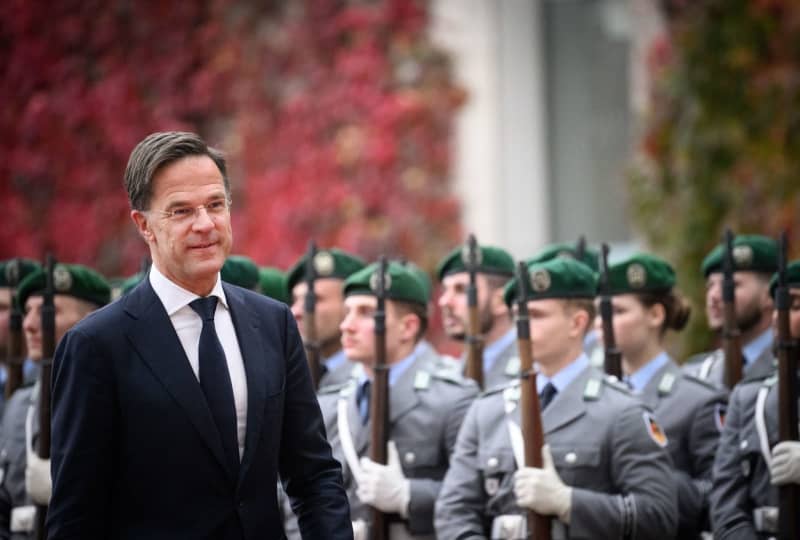On a recent visit to Berlin, NATO Secretary General Mark Rutte underscored the pressing need for Germany to enhance its defense spending, even as the country nears the alliance’s target of 2% of GDP for the first time in decades. Speaking alongside German Chancellor Olaf Scholz, Rutte stated that all NATO allies must incrementally invest more in defense, expressing confidence that Germany would continue to step up its contributions to collective security. This anticipated increase in German military expenditure aligns with a broader initiative to bolster NATO readiness amidst rising geopolitical tensions, particularly following Russia’s full-scale invasion of Ukraine in 2022.
The commitment made by Germany to raise its defense spending in 2024 represents a significant shift in policy and reflects the urgent need to adapt to a changing security environment in Europe. Chancellor Scholz characterized this investment increase as a “turning point,” a sentiment echoed by Rutte, who emphasized the importance of this funding. With Germany planning to spend €100 billion over several years, the initiative marks a historic moment, one that is long overdue in the context of NATO’s outlined defense spending goals. The transformation signifies a willingness to align national priorities with the collective security framework of the alliance.
However, Rutte’s remarks served as a call to action for further investment and support, particularly regarding assistance to Ukraine as it defends against Russian aggression. He acknowledged the challenges that governments face in allocating funds for national defense while also providing aid to partners like Ukraine, but insisted that such investments are crucial for the security of all NATO member states. The burden of defense spending must be shared among allies, and Rutte’s urging reinforced a unified approach to address mutual threats posed by an aggressive Russia.
The Secretary General’s warnings were sobering, highlighting that should Russian President Vladimir Putin succeed in Ukraine, the implications for European security would be dire. Rutte described Russia’s ongoing “intensifying campaign” of hybrid warfare, which includes acts of violence, sabotage, and efforts to undermine democratic structures within NATO member states. This reflection emphasized that the ramifications of the conflict extend well beyond Ukraine’s borders and into Western Europe and the Baltics, necessitating a comprehensive and robust defense strategy that anticipates and counteracts these threats.
The conversation between Rutte and Scholz highlights the evolving dynamics within the NATO alliance and the crucial role Germany plays in collective defense. As one of the largest economies in Europe, Germany’s commitment to reaching the NATO spending target is seen as a pivotal step towards enhancing the overall security posture of the alliance. This is particularly relevant in the current geopolitical climate characterized by uncertainty and the potential for further escalations in conflict with Russia. It underscores a collective responsibility for NATO members to bolster their military capabilities and preparedness.
In conclusion, the call for increased defense spending by Germany underscores broader security concerns prompted by Russia’s activities in Ukraine and beyond. The push for heightened investment not only aims to meet NATO’s targets but also to ensure that member states are adequately equipped to respond to evolving threats. As global dynamics continue to shift, the importance of collaborative defense efforts remains paramount, with Germany’s recent commitments representing a crucial step toward achieving greater solidarity and preparedness within the NATO alliance. The discussions signal an ongoing commitment to adapt to new challenges and reinforce the security architecture necessary for the protection of member states.

